Shellfish deaths: MPs to probe chemical crab deaths claims
- Published
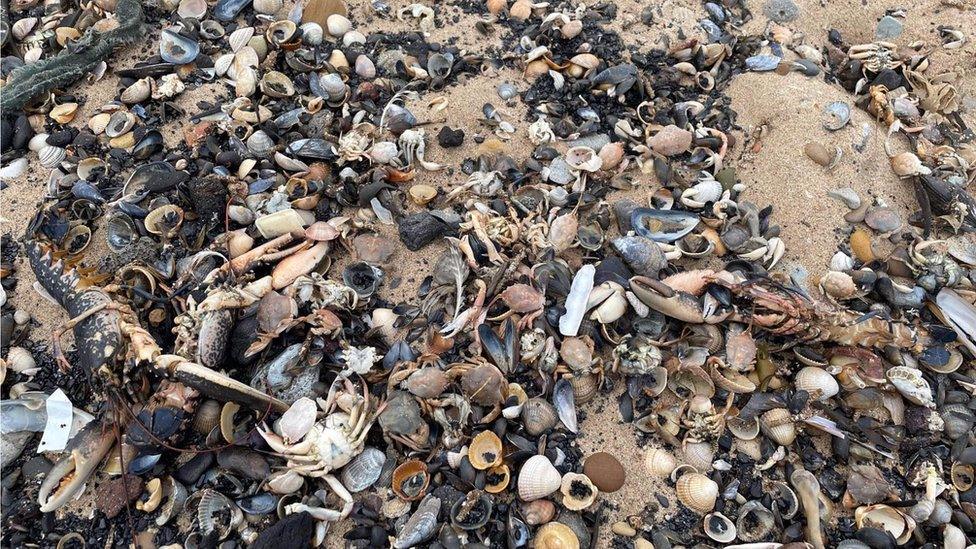
Thousands of dead crabs and lobsters have washed up along the North East coast since October 2021
MPs are to hold a hearing into the mass deaths of shellfish across the North East and Yorkshire coast.
The Environment, Food and Rural Affairs Committee, external will likely hear from fishermen, scientists and government.
The North East coast fishing sector has been devastated by large wash-ups of dead crustaceans since October 2021.
The government has claimed algae was to blame, but a study by several universities said pyridine, possibly released by dredging, was more likely.
The hearing on 25 October will examine the conflicting explanations for the deaths, what can be done to prevent them recurring and the impact on local communities.
News of the committee's session was first revealed by Channel 4 News, external.
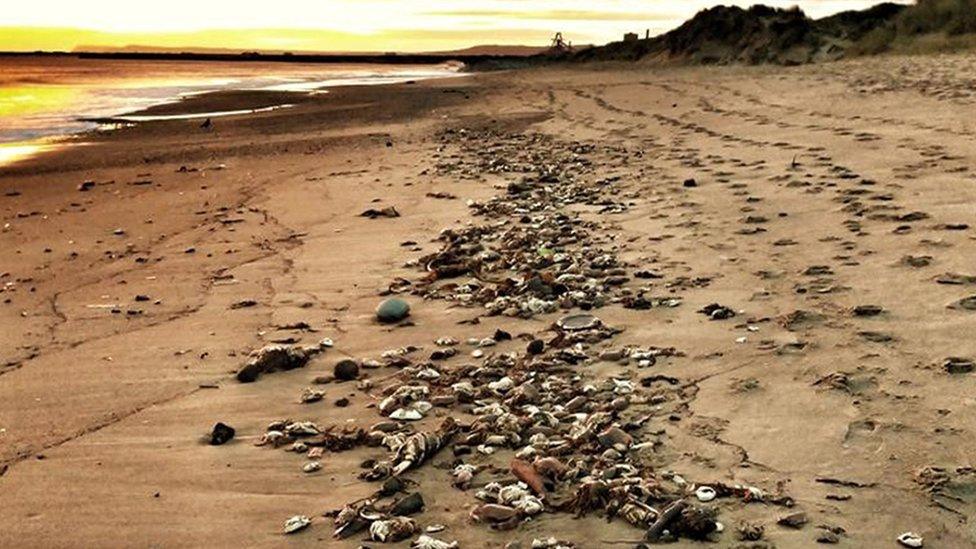
Thousands of crabs, lobsters and other shellfish have washed up along the Yorkshire and North East coastlines
Committee chairman, Scarborough and Whitby Conservative MP Sir Robert Goodwill, said: "We need to establish what is causing these disturbing events.
"They have implications for coastal communities in North Yorkshire and Teesside - not least, of course, those engaged in or dependent on the fishing industry.
"But there could also be wider environmental and economic implications with lessons to be learned."
'No evidence'
Last week, fisheries minister Mark Spencer MP said the new evidence compiled by Newcastle, Durham, York and Hull universities "should be examined properly".
Marine pollution expert Tim Deere-Jones had previously used Environment Agency data to conclude pyridine levels in some of the crab samples from the wash-ups were 70 times higher than in crabs from other areas.
A Defra spokesperson previously said: "A comprehensive investigation last year... concluded a naturally occurring algal bloom was the most likely cause.
"We recognise the concerns in regards to dredging, but we found no evidence to suggest this was a likely cause."

Follow BBC North East & Cumbria on Twitter, external, Facebook, external and Instagram, external. Send your story ideas to northeastandcumbria@bbc.co.uk, external.
Related topics
- Published4 October 2022

- Published29 September 2022

- Published31 August 2022
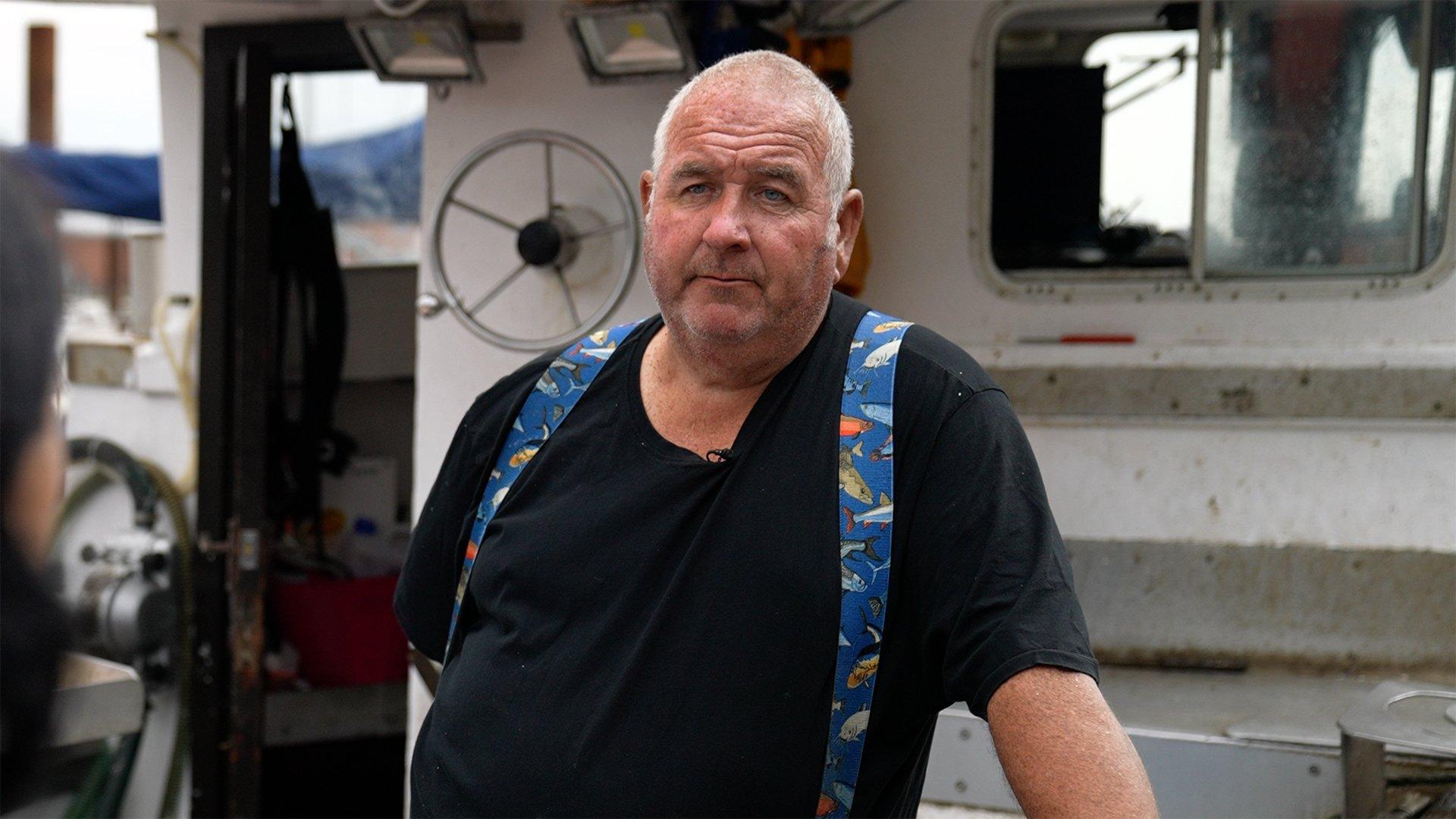
- Published8 August 2022
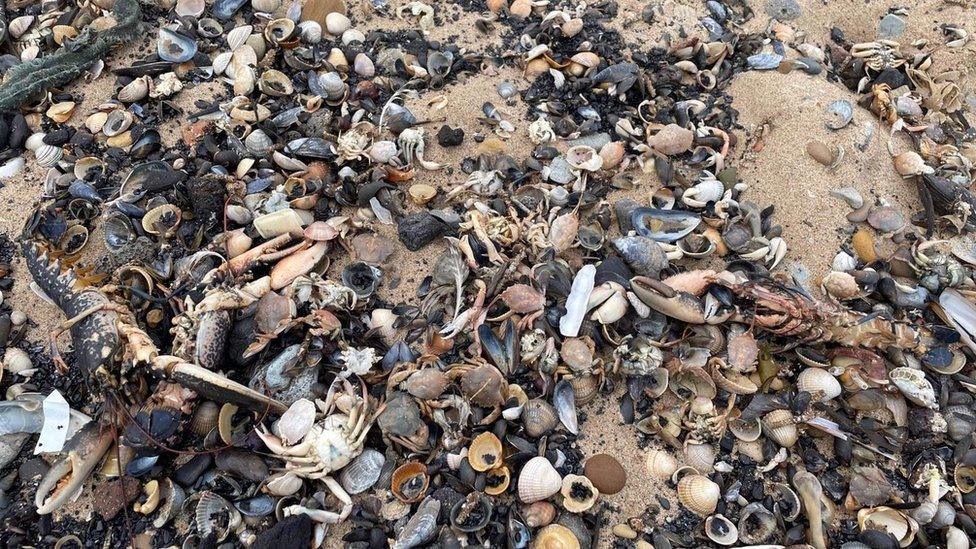
- Published25 October 2021
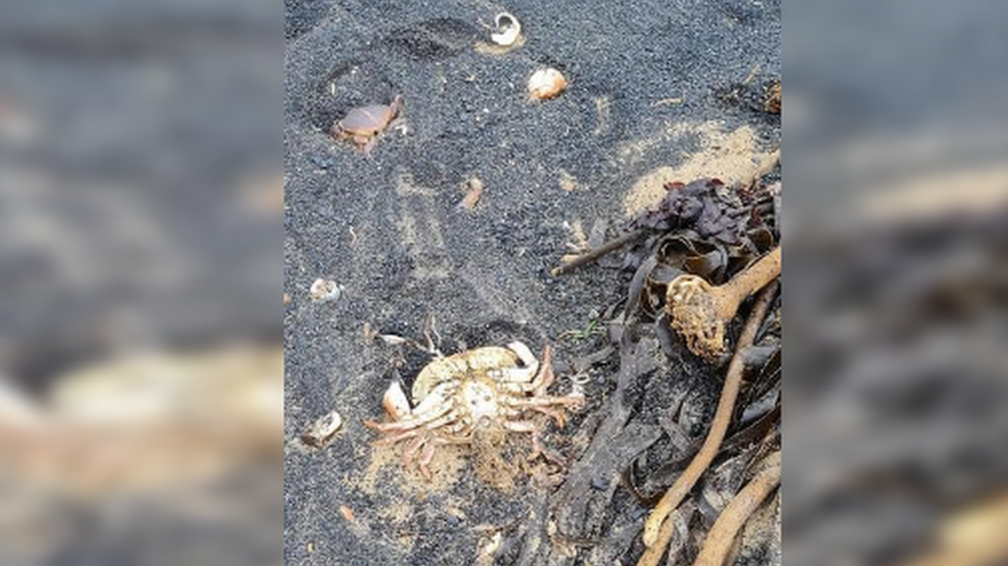
- Published5 February 2022
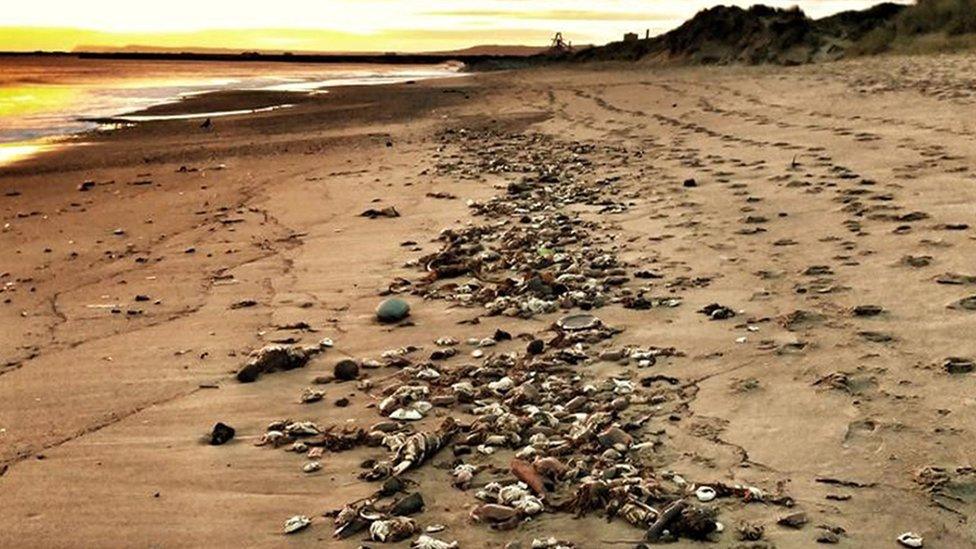
- Published21 January 2022
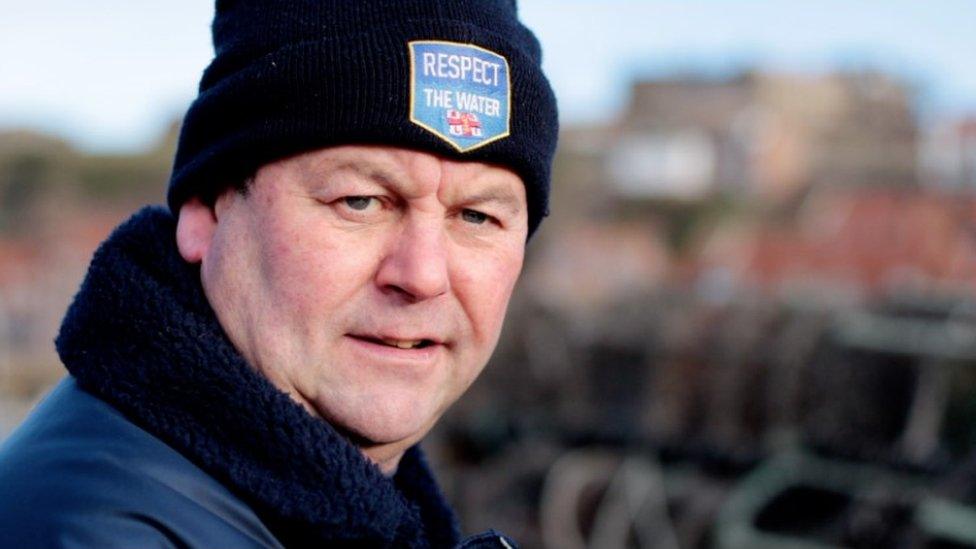
- Published4 November 2021
